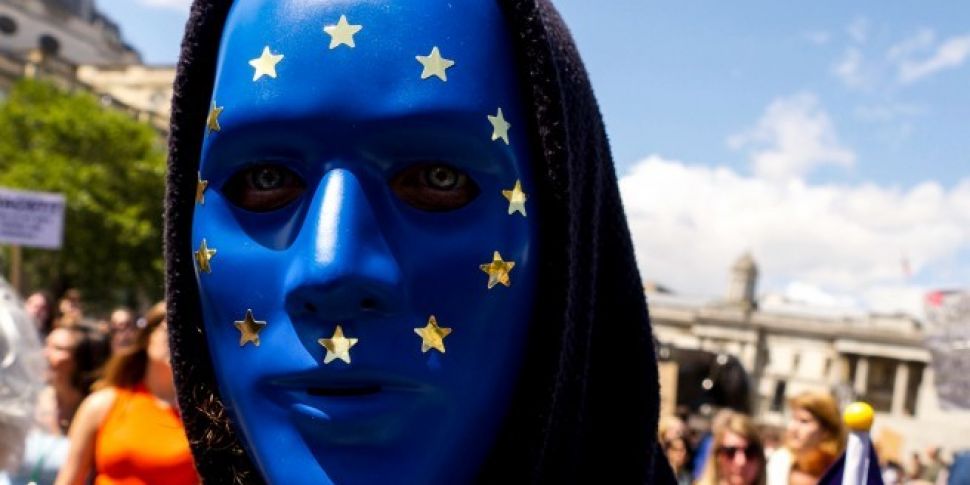Tomorrow marks an important landmark in the Brexit process as the UK will formally request to leave the EU.
After this point the process will enter unchartered territory - but here's what we know so far.

Letters
According to 10 Downing Street, British PM Theresa May will write to Donald Tusk, the president of the European Council, tomorrow to tell him in writing that Britain wants out.
She will then address the parliament in London to announce that the exit process has begun.

According to the BBC, Downing St believes that Mr Tusk will present a response to the letter, which will be approved by the 27 other member states, within 48 hours of the triggering.
It is unclear whether the UK's initial letter will include any substance beyond the notification that it plans to leave.
It may also outline some details of its wishes for a future relationship between the UK and the EU regarding policy in areas such as trade and migration.
If this is the case, then EU's response is likely to include reference to these issues (without going into detail).

Donald Tusk will receive the UK's exit request tomorrow
Talks
Article 50 is part of the Lison Treaty - which came into force in 2009. It says that exit negotiations must take place within a two-year window, although it also contains clauses which could allow this period to be extended if talks prove to be too complicated to fit into a 24 month period.

Order
A row is brewing between the UK and EU negotiating teams.
Britain will favour quick talks as businesses do not like uncertainty and the longer these talks go on, the greater that chance that companies will jump ship along the way.
The UK wants talks concerning its exit terms and talks regarding post-Brexit deals to happen in tandem - but EU officials have indicated that the terms of a post-Brexit relationship will not be discussed until exit terms have been nailed down first - prolonging the process.
#Article50 will be triggered tomorrow & the 2yr #Brexit process begins. Have a look at the provisional(!) timeline below: pic.twitter.com/2WIdK3K9aA
— Sean Kelly MEP (@SeanKellyMEP) March 28, 2017
Other voices
The EU's political landscape could undergo significant changes during the negotiating period.

The first two key dates are the French election - voting for which begins on May 7th - and the German election on September 24th.
It will be hard to nail down the EU's real negotiation goals until we know who will lead these countries during the final stages of the talks.
Delays
The possibility of talks extending beyond two years means they could be on-going when EU Parliamentary elections take place in 2019.
There is also a British General Election due in 2020. If talks are not concluded by then, the vote could either turn into a de facto second referendum or result in a major shift in the UK's negotiation goals.









